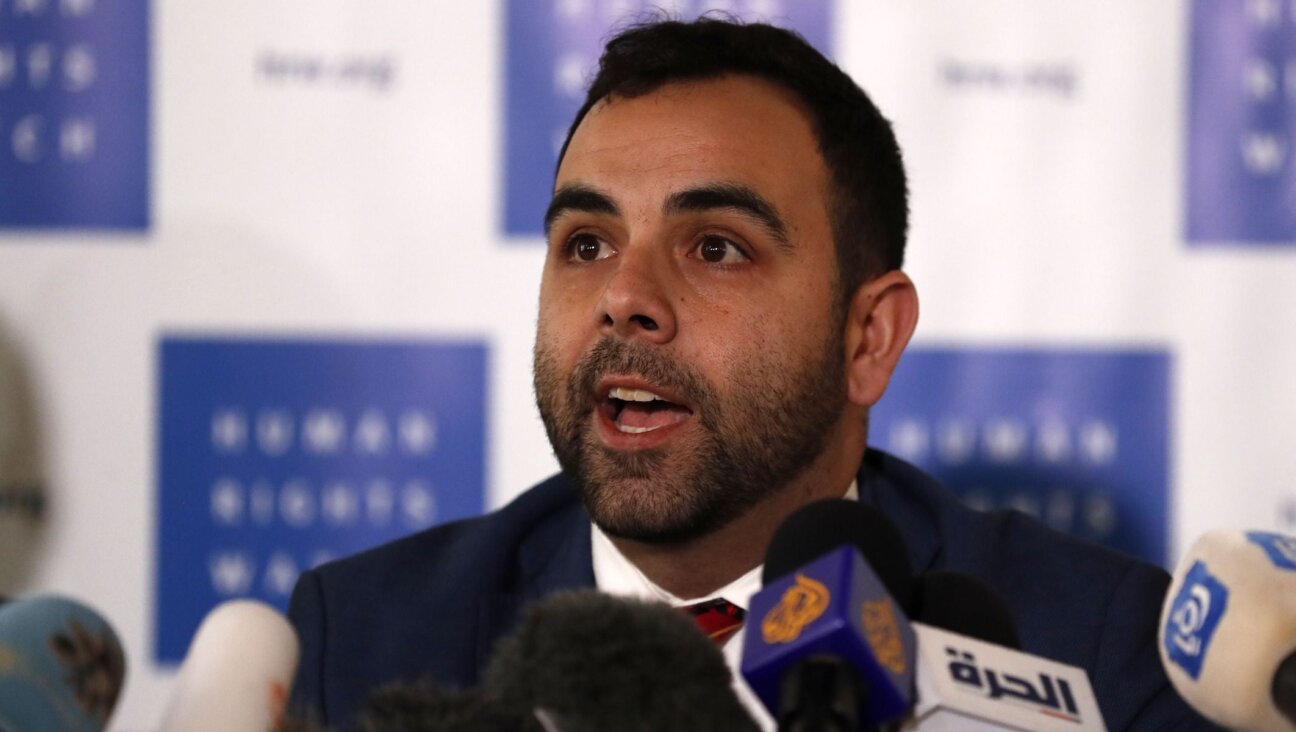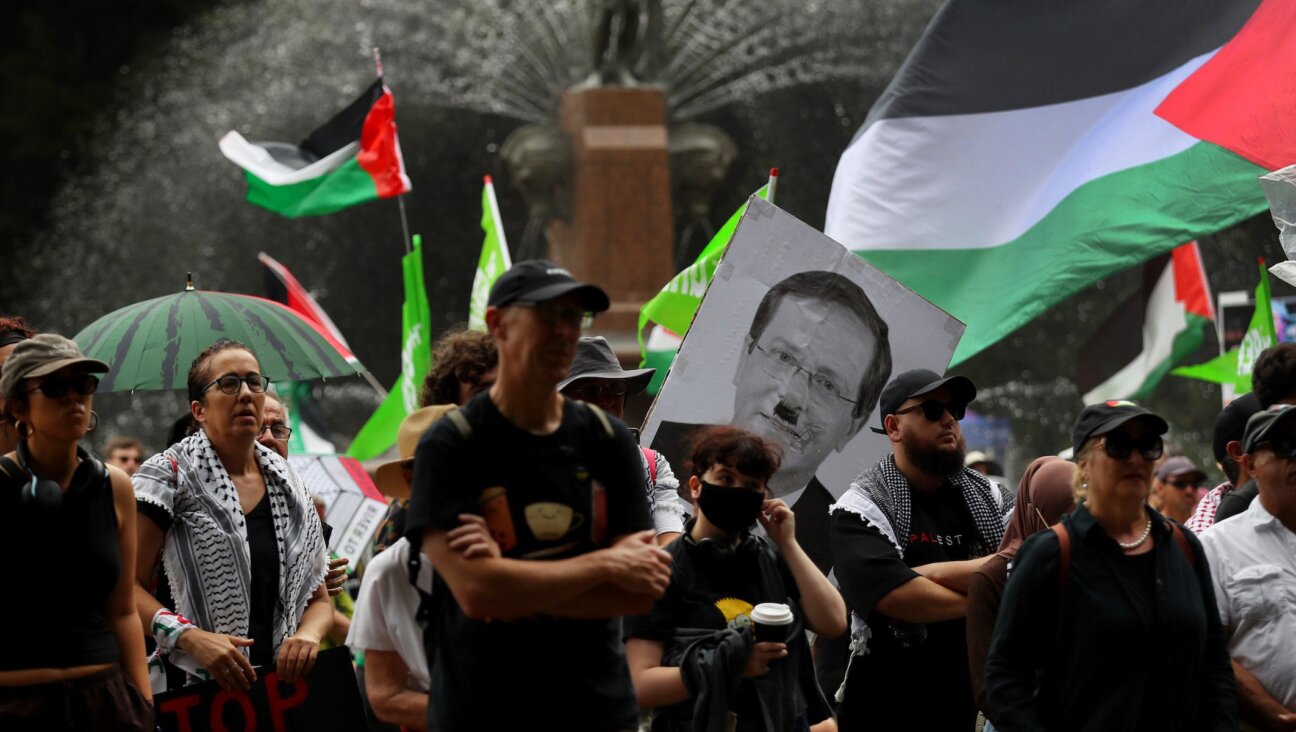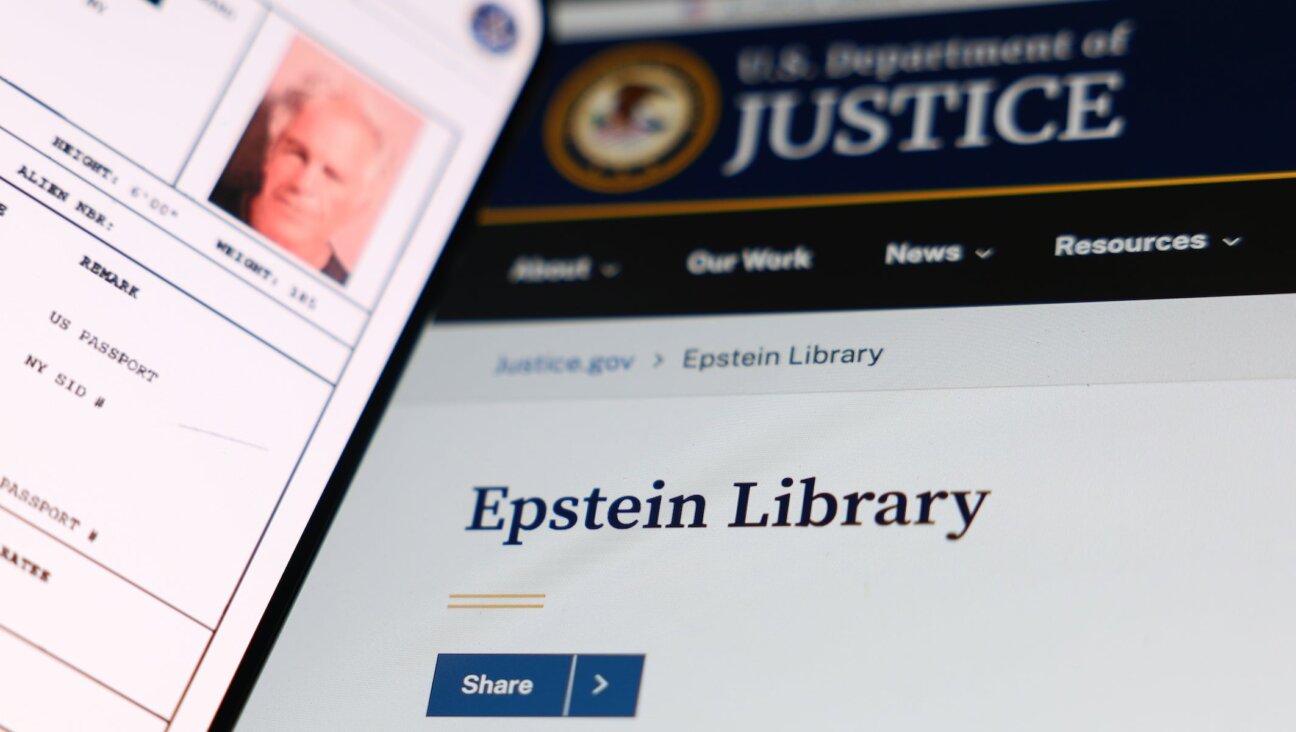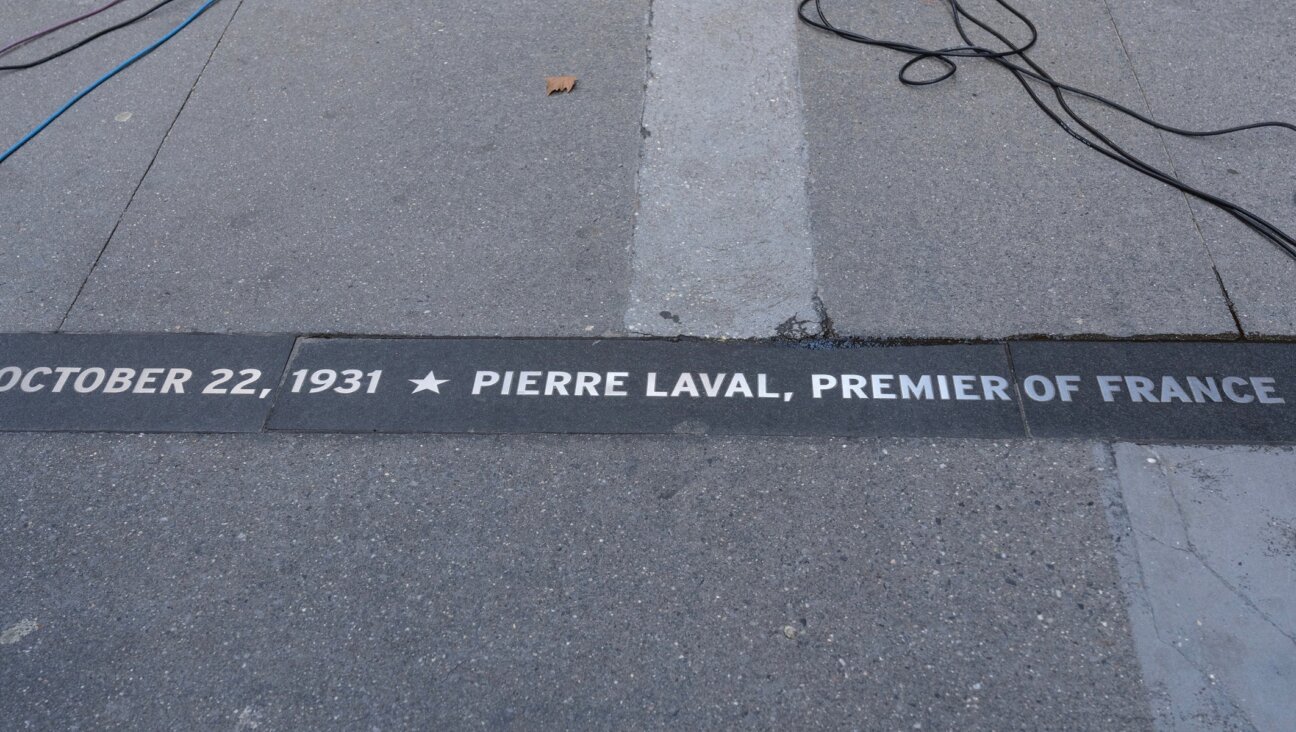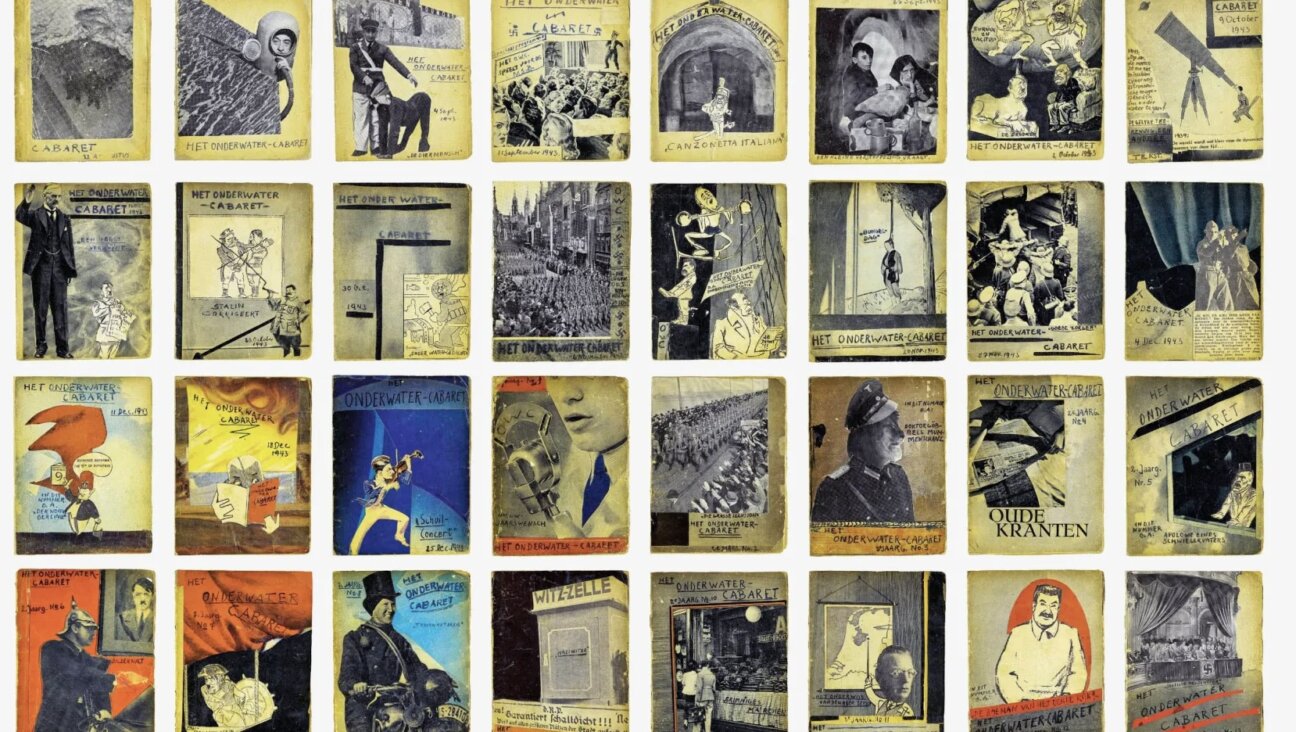Argentina President Cristina Fernandez Cleared in Iran Terror Cover-Up

Image by getty images
An Argentine judge on Thursday dismissed allegations against President Cristina Fernandez that she tried to cover up Iran’s purported involvement in a deadly bombing of a Jewish center in 1994.
The judge ruled he would “discontinue” the case, which was first brought by state prosecutor Alberto Nisman, who was found dead in mysterious circumstances in January the day before he was to appear in Congress to discuss his criminal complaint.
The scandal plunged the president’s final year in office into turmoil and hurt the government’s credibility ahead of October’s presidential election.
The decision by judge Daniel Rafecas sparked divided opinions on whether the government had a hand in the ruling. About 400,000 Argentine marched last week to demand an independent judiciary.
The allegation that Fernandez sought to whitewash the investigation into the truck bombing of the AMIA Jewish community center in Buenos Aires was first made by Nisman in mid-January.
Four days later he was found dead, spawning a torrent of conspiracy theories and raised long-festering questions about interference and intimidation in the justice system.
Thursday’s ruling will alleviate some of the political pressure on Fernandez, whose popularity has been hurt.
“The judge’s decision certainly favors Fernandez, but it will probably not have an impact on the October elections,” said Ignacio Labaqui, who analyzes Argentina for Medley Global Advisors.
“The damage caused by the Nisman case is already there,” he added. “According to polls, the bulk of public opinion believes that Nisman’s accusation was true and that he was murdered.”
The case was picked up by another prosecutor, Gerardo Pollicita, earlier this month.
“The judge held that the … complaint was not strong enough to initiate criminal proceedings because it did not support the alleged cover-up or obstruction of the investigation” into the AMIA bombing, said a statement from the judiciary branch’s CIJ information service.
Pollicita’s office said no decision had yet been made on whether to appeal.
Fernandez called Nisman’s cover-up claims “absurd” and said he had been duped into making them by rogue security agents. She said she believed the agents then killed Nisman after using him to smear her. Iran has consistently denied the allegations.
Nisman’s body was found in his apartment, a bullet in his head, a day before he was to detail his evidence against Fernandez and her foreign minister, Hector Timerman. Rafecas also threw out the case against Timerman.
On Buenos Aires’s leafy boulevards on Thursday, opinion was split over whether the judge had come under pressure to sling out the case.
“The judge must be pretty sure that there is not enough incriminatory evidence to throw this out. It has been such an important case for the country,” said telecoms worker Edith Gallante.
But 26-year-old kiosk owner Leonardo Venega said: “I think the government had a hand in this, as always. The judge should not have thrown this out.”
Congress gave final approval to a bill on Thursday creating a new spy agency that will incorporate personnel from the soon-to-be dismantled Intelligence Secretariat, whose reputation had been pummeled by the Nisman scandal. The government says the Federal Intelligence Agency will include tighter oversight.
